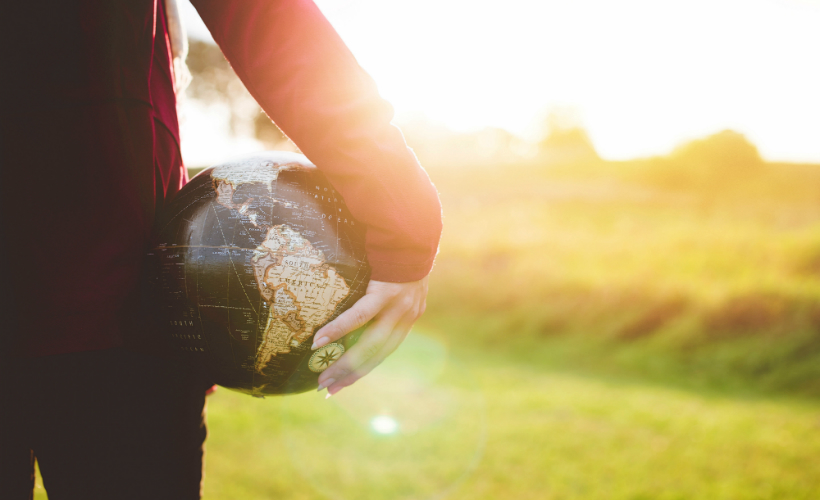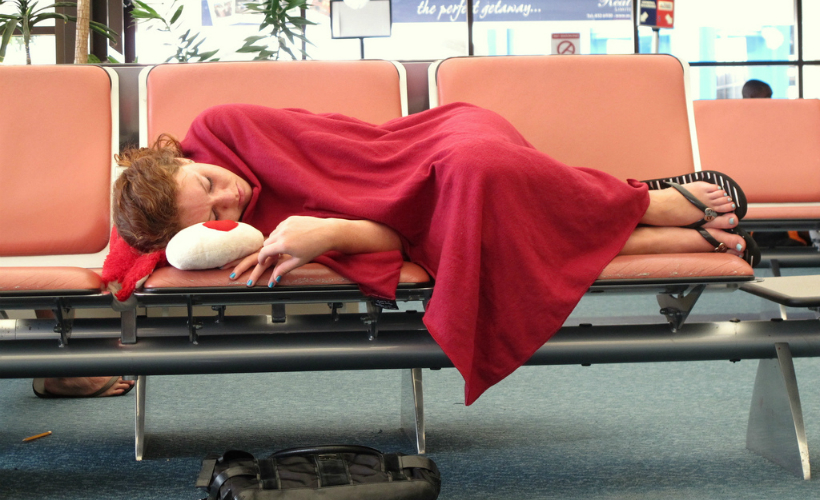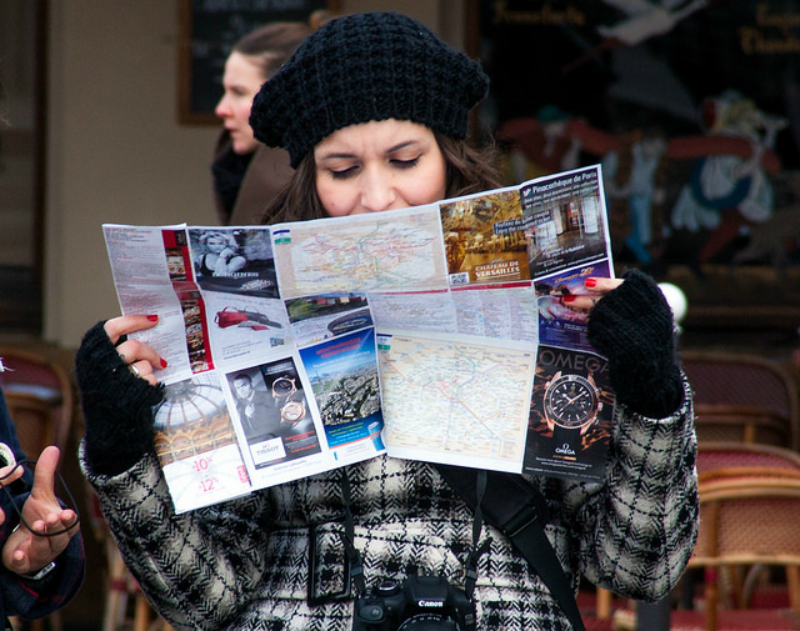
Many travellers share how travelling has taught them this and that, how they’ve become better at adapting to new environment, how they’ve learnt to haggle and become experts at communicating across cultures.
Unlike these experts, travelling can be difficult for the first-time travellers. They have yet to be seasoned by conniving touts, arduous commutes, and language barriers. They are fish out of water.
There are, however, several skills that new travellers can equip themselves with to make their adventures safer, easier, and more enjoyable.
We’re not talking about levelling up your haggling skills by visiting your local night market (though that might actually be a good idea). We’re talking about practical skills that will make you more confident and prepared on the road.
1. Riding a motorbike
Public transportation have limited routes; you don’t trust taxi drivers; car rentals will burn a hole in your pocket. What are your other options? Consider renting a motorbike. Motorbikes are a cheap and very convenient way to move about. In countries like Thailand, rental options are aplenty and you will be grateful to have your own transportation that is affordable. A bike may look daunting, but once you’ve pick it up and balance yourself, you’ll see that it is not so scary after all. If you are deadly afraid of riding a motorbike, at least make sure you can handle a bicycle.
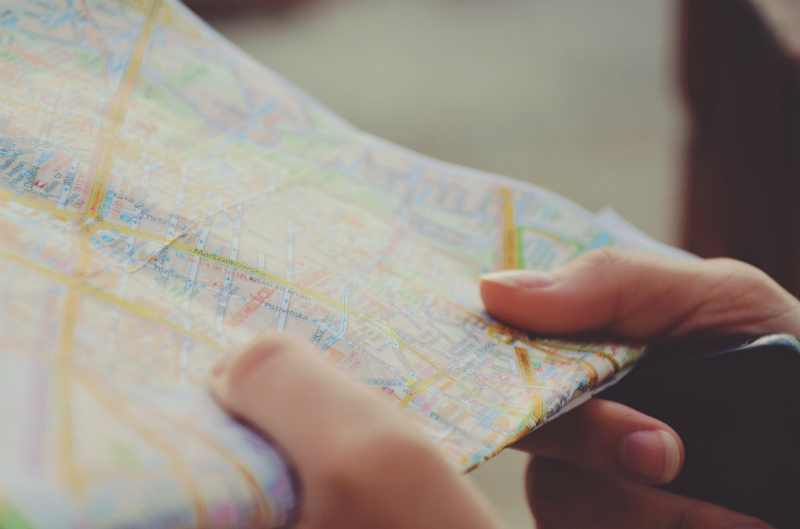
2. Reading a map
Local maps can be found everywhere – in visitor centres, in guidebooks, in informational pamphlets, but the art of reading maps have become dull and unforgotten with no thanks to our growing dependency on Waze. There is still value in knowing how to navigate your way using a map printed on a piece of paper. One tip is to have a compass handy, knowing where north is will help you orientate yourself quickly and accurately. You’ll come to realise this when you are lost in the middle of nowhere with no GPS nor 3G. Instead of turning on a navigation system every time you drive to somewhere new, try looking at a map instead. It’s better to get lost in your area now than getting lost in a foreign land.
3. Keeping to budget
Budgeting is something we should all practice in our daily lives, but something many of us don’t keep too. How many of us have spent as we please and look forward to the next pay cheque? Unless you are a millionaire, this is not a luxury you can afford when you are travelling. You travel with a fixed amount of money allocated, and you have to prioritise your expenditures smartly. You don’t want the memorable experience of running out of money in the middle of a trip, do you? Sure you could put everything on your credit card, but flying home to the realisation that you’ve overspent on your getaway does not sound like a very pleasant homecoming.
4. Time management
You are in an exciting new country for only a short period of time, and you want to make the most of your time by seeing and experiencing as much as you can. However, you can’t come and go to different places of interest as you please. You are at the mercy of opening hours, of sundown, of public transportation schedules. This is where a little bit of planning and good time management can help you cross off everything on your to-do list. This involves waking up early, knowing how long to spend at each location, factoring in traffic, leaving and arriving at different venues on time… Even for the spontaneous traveller, good time management is important to make sure you don’t miss reservations, check-in times, and worst of all, flights.
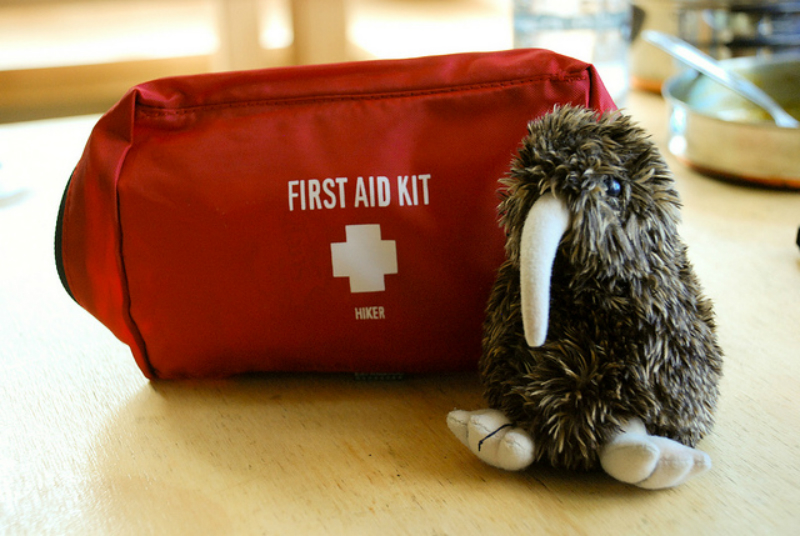
5. Basic first aid skills
Last but not least, the most important skill we recommend to learn is first aid basics. Health and safety is often taken for granted and we can’t stress how useful and crucial it is to learn first aid. Accidents, illnesses and injuries are prone to happen when you are in a new environment, especially if you are somewhere remote. If you already carry a mini first aid kit with you, good job. Take that one step further by learning how to treat cuts and bruises, knowing what to do when someone faints, taking the right medication when you get food poisoning. Basic first aid skills are a no-brainer. It sounds cheesy, but you never know when your knowledge of the Heimlich manoeuvre could save a friend’s life.
Try picking up one of these new skills before you jet set across the ocean, what’s there to lose? Even if you have a passport full of visas, they can only serve you for the better.

